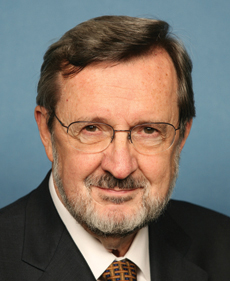A Quote by Atul Gawande
Every country in the world is battling the rising cost of health care. No community anywhere has demonstrably lowered its health-care costs (not just slowed their rate of increase) by improving medical services. They've lowered costs only by cutting or rationing them.
Related Quotes
One such troubling provision is a tax increase to pay for the $635 billion included in the budget for health care 'reserve funds.' Health care reform is desperately needed in America, but I'm concerned that $635 billion will be a down payment on socialized medicine, causing the impersonal rationing of health care and destroying the doctor-patient relationship.





































